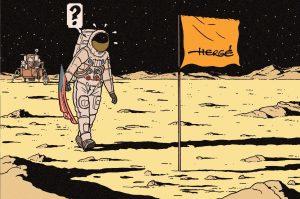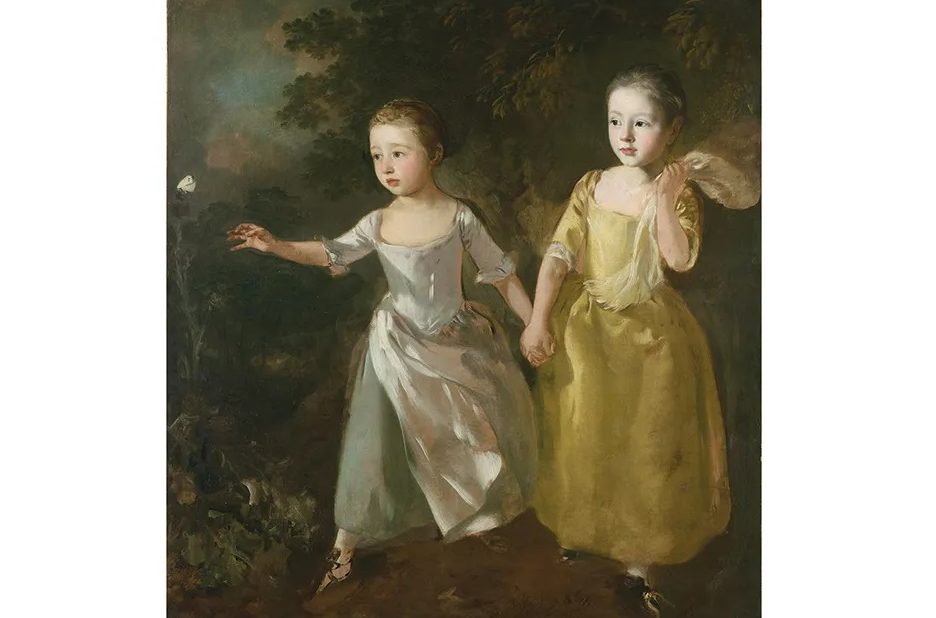The death of Terry Teachout has put me in a funk. In 2019, we lost Clive James and John Simon. In 2020, we lost Roger Scruton and George Steiner. In 2021, Adam Zagajewski, Denis Donoghue, and Joan Didion all passed. Now we start 2022 with the sudden death of Terry Teachout.
Most of these critics (though not Teachout) came of age in the late 1940s and early 1950s during one of the great periods of literary criticism in the last two hundred years. Consider some of the works that were published between 1947 and 1957. We have Cleanth Brooks’s The Well Wrought Urn in 1947 and F. R. Leavis’s The Great Tradition in 1948. Rene Wellek and Austin Warren published their influential Theory of Literature in 1949. Marcel Raymond’s magnum opus, From Baudelaire to Surrealism, was first published in French in 1933 but was translated into English in 1949. Lionel Trilling’s The Liberal Imagination appeared in 1950. Jean-Paul Sartre’s What Is Literature? was published in French in 1948 and in English in 1950. In 1951, we have Vladimir Nabokov’s Speak, Memory and Wallace Stevens’s Necessary Angel; and in 1952, we have Graham Greene’s collection of essays and reviews, Lost Childhood.
Then came 1953. In that year alone, we have Erich Auerbach’s Mimesis, M. H. Abrams’s The Mirror and the Lamp, Ludwig Wittgenstein’s Philosophical Investigations and Iris Murdoch’s Sartre: Romantic Rationalist. William Empson’s Seven Types of Ambiguity, which was originally published in 1930, was reissued in 1953. James Baldwin’s collection of literary essays, Notes of a Native Son, was published in 1955. In 1957, T. S. Eliot’s On Poetry and Poets, Northrop Frye’s Anatomy of Criticism, and Yvor Winters’s The Function of Criticism were all published. Elizabeth Hardwick published A View of My Own in 1962, the same year that the New York Review of Books was founded.
Most of these books are still in print, and the era that produced works like these also formed the habits of mind and sensibilities of writers like James and Simon, Donoghue and Didion, even if in unexpected ways.
Sometimes it’s hard to shake the impression that many of today’s critics, fed a gruel of Derrida and Kristeva in graduate school, have either gone all-in on an approach to literary texts that gives us books like Chaucer’s Losers, Nintendo’s Children, and Other Forays in Queer Ludonarratology (which traces the “intersection” — there’s always an intersection — of “narratology, ludology, and queer studies”) or rejected the whole business to make a buck in the growing literature-as-therapy genre. Readers and critics seem to lack judgment and taste. Our cultural battles are devoid of intellectual seriousness, and the sudden censoriousness of our social media age has only made things worse.
But I am reminded that many excellent critics are still at work. Cynthia Ozick, Joseph Epstein, Gary Saul Morson, Paul Cantor, Helen Vendler, Marjorie Perloff, Eric Ormsby, Craig Raine, and Anthony Daniels are just a few that come to mind. Among the critics of my generation, we have Dominic Green, Adam Kirsch, Brian Dillon, Ben Downing, and Michael Robbins, among others. Jason Guriel is an interesting younger critic.
In The Nation, Jeet Heer wonders if Teachout was the last conservative critic of a certain stripe:
For him, conservatism signaled a commitment to tradition, to persevering and building on past achievement. It was a conservatism of memory, not of grievance and spite. This conservatism contained within it the possibilities of a political conservatism too. Tradition is all too often the banner for upholding existing hierarchies and resisting change. But for Teachout tradition could also be cosmopolitan. With his death, this strain of conservatism seems not only rare but perhaps even extinct.
Humbug. Of the critics noted above, Ozick, Morson, Cantor, Ormsby, Daniels, Green and Kirsch all fit that mold. You can add political writers who have wide-ranging literary interests, like Barton Swaim, Helen Andrews, Matthew Walther, and Mark Bauerlein to that list. There are poet-critics like Dana Gioia, James Matthew Wilson, William Logan, Ryan Wilson, and A. E. Stallings, who have a high view of tradition but may or may not think of themselves as conservatives.
Heer praises Teachout for his “expansiveness” and “natural inclination was toward equanimity and collegiality,” but he also wishes Teachout would have done more political writing (despite praising his restraint earlier in the piece). What kind? The kind that is critical of conservatives, of course: “Teachout eschewed a larger reckoning with the question of how Trump took over the GOP so quickly. It would have been a major contribution for a writer of Teachout’s caliber to make an inquiry into how the right had gone haywire, but he never made the effort.”
Heer, like some on the left, seems to believe one can easily be literary and progressive, but one can only be literary and conservative in a very limited sense and with great effort. It’s an odd belief lacking in imagination.

























